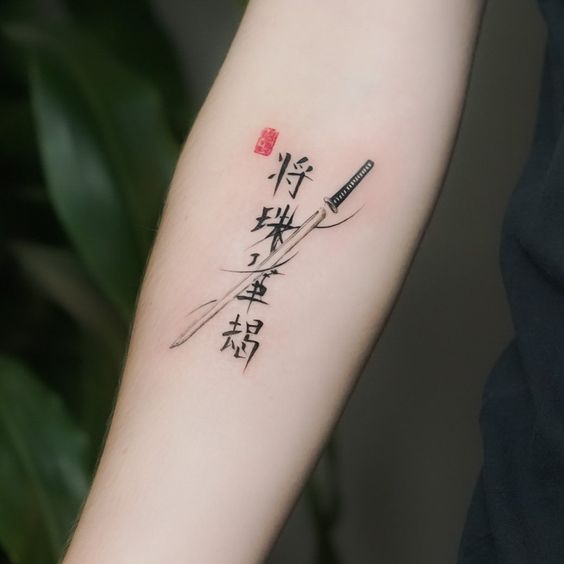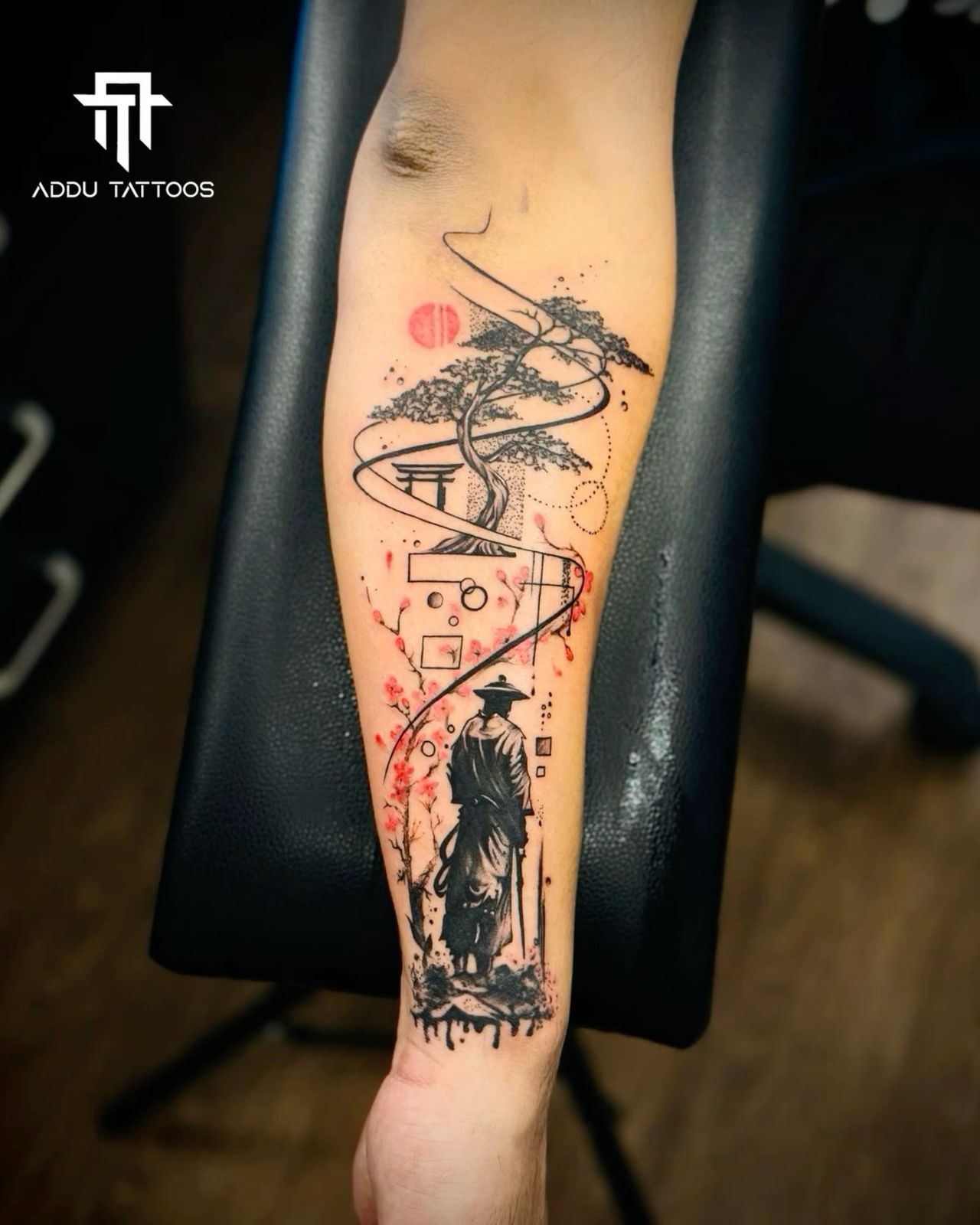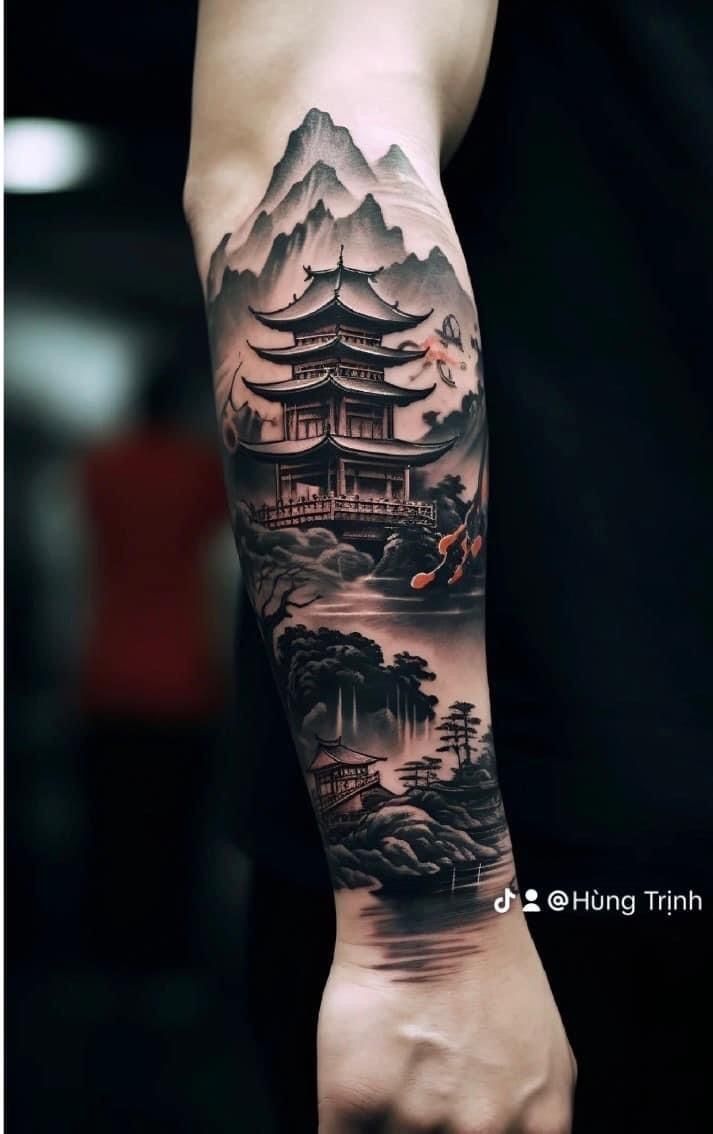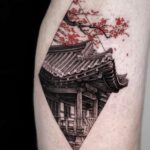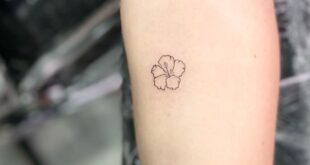Japan has a rich and vibrant tattoo culture that dates back hundreds of years. In Japanese society, tattoos have traditionally been associated with the yakuza, or Japanese mafia, and have often been viewed as a sign of criminality or rebelliousness. However, in recent years, tattoos have become more mainstream and popular among the general population in Japan.
The history of tattooing in Japan can be traced back to the Jomon period, which lasted from around 10,000 B.C. to 300 B.C. During this time, evidence suggests that the indigenous people of Japan practiced tattooing as a form of body decoration and ritual. Tattoos were often used to mark a person’s social status, religious beliefs, or affiliation with a particular group.
In the Edo period (1603-1868), tattoos became associated with the criminal underworld. Members of the yakuza would often get elaborate, full-body tattoos known as irezumi to signify their loyalty to their gang and to intimidate their enemies. Irezumi tattoos were typically done by hand using bamboo needles and ink made from natural materials. The intricate designs of irezumi tattoos often featured traditional Japanese motifs such as dragons, koi fish, and cherry blossoms.
Despite their negative connotations, tattoos have gained popularity in Japan in recent years, particularly among the younger generation. Many young people see tattoos as a form of self-expression and artistic creativity. Tattoo artists in Japan have also gained recognition for their skill and craftsmanship, with many traditional Japanese tattoo artists using traditional hand-poking techniques to create stunningly detailed designs.
However, there is still a stigma attached to tattoos in Japan, and many public places such as hot springs, swimming pools, and gyms still prohibit people with tattoos from entering. This is due in part to the association of tattoos with the yakuza and a perception that tattoos are inherently unclean or unsanitary. This has led to some controversy and debate in Japan over the right to have tattoos and the discrimination faced by people with tattoos.
Despite these challenges, the popularity of tattoos in Japan continues to grow, with many young people embracing tattoos as a form of self-expression and individuality. As attitudes towards tattoos begin to change in Japan, hopefully, the stigma against tattoos will diminish, and people will be able to freely express themselves through this ancient art form.
 innstyled Tattoo Ideas
innstyled Tattoo Ideas
